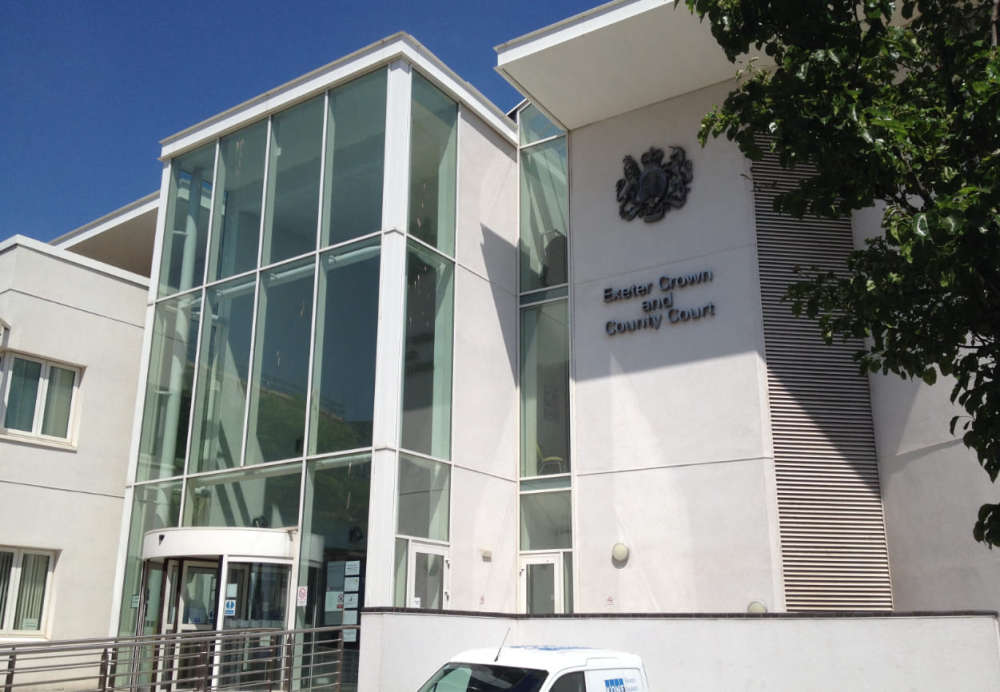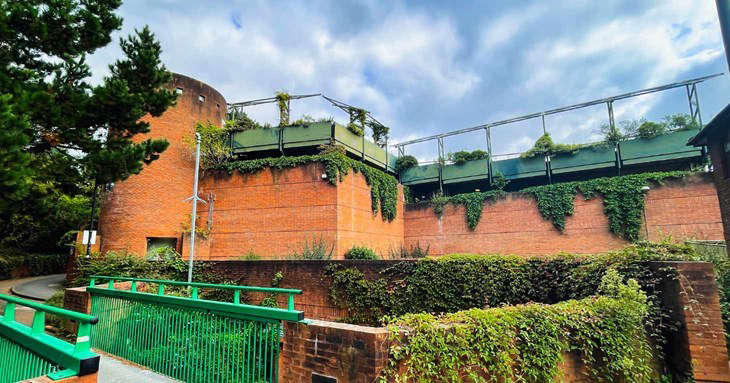
The new holder of one of Exeter’s oldest titles has described it as ‘a very great honour’.
Tiverton-born Judge James Patrick, who recently took on the role of Resident Judge at Exeter Crown Court, has been installed as the city’s Honorary Recorder. The title dates back to the 14th Century.
Judge Patrick accepted his nomination at a recent meeting of the full city council in the historic Guildhall.
He said his predecessor Judge Anna Richardson had set a ‘wonderful example’, and had valued her relationship with the city and its councillors.
“I look forward to being able to contribute to the life of Exeter,” he told councillors. “You do me a very great honour and I will try very hard not to let you down.”
The role of Honorary Recorder for the City of Exeter was revived in 2007, with the title going to the current Resident Judge. The Recorder is the symbolic representative of justice and the law in the civic life of the city.
According to the city council, the first known holder of the title, Robert atte Weye, took office in 1352 as a salaried employee of the city. Originally an annual appointment, by 1400 it had become an office for life.
By the late Tudor and Stuart period the main function was to preside, with the Mayor, at the Quarter Sessions, held in the Guildhall. Up until 1972 Quarter Sessions were court hearings dealing with criminal and licensing matters.
Until 1834 one of the Recorder’s duties was to preside over the election of the Mayor, and whoever was in the post also had the job of nominating the city’s MP.
The historic office of Recorder ceased in 1971, but the city council agreed to bring it back in 2007, saying it would reflect Exeter’s role as ‘an extremely significant legal centre’.
The holder of the office is invited to major civic events.

 Plans set out for new Exeter to Cranbrook walking and cycling route
Plans set out for new Exeter to Cranbrook walking and cycling route
 Step forward for Devon’s newest town’s £29m shopping list
Step forward for Devon’s newest town’s £29m shopping list
 Plea to protect Devon’s ‘lifeline’ libraries
Plea to protect Devon’s ‘lifeline’ libraries
 Smelly Exeter car park makeover postponed
Smelly Exeter car park makeover postponed
 Your views wanted on nature in Exeter and how we can all support it
Your views wanted on nature in Exeter and how we can all support it
 Friction erupts as major development plan for Devon district rumbles on
Friction erupts as major development plan for Devon district rumbles on
 Your views needed on improving air quality in Exeter
Your views needed on improving air quality in Exeter
 Matt Taylor returns to Exeter City
Matt Taylor returns to Exeter City












